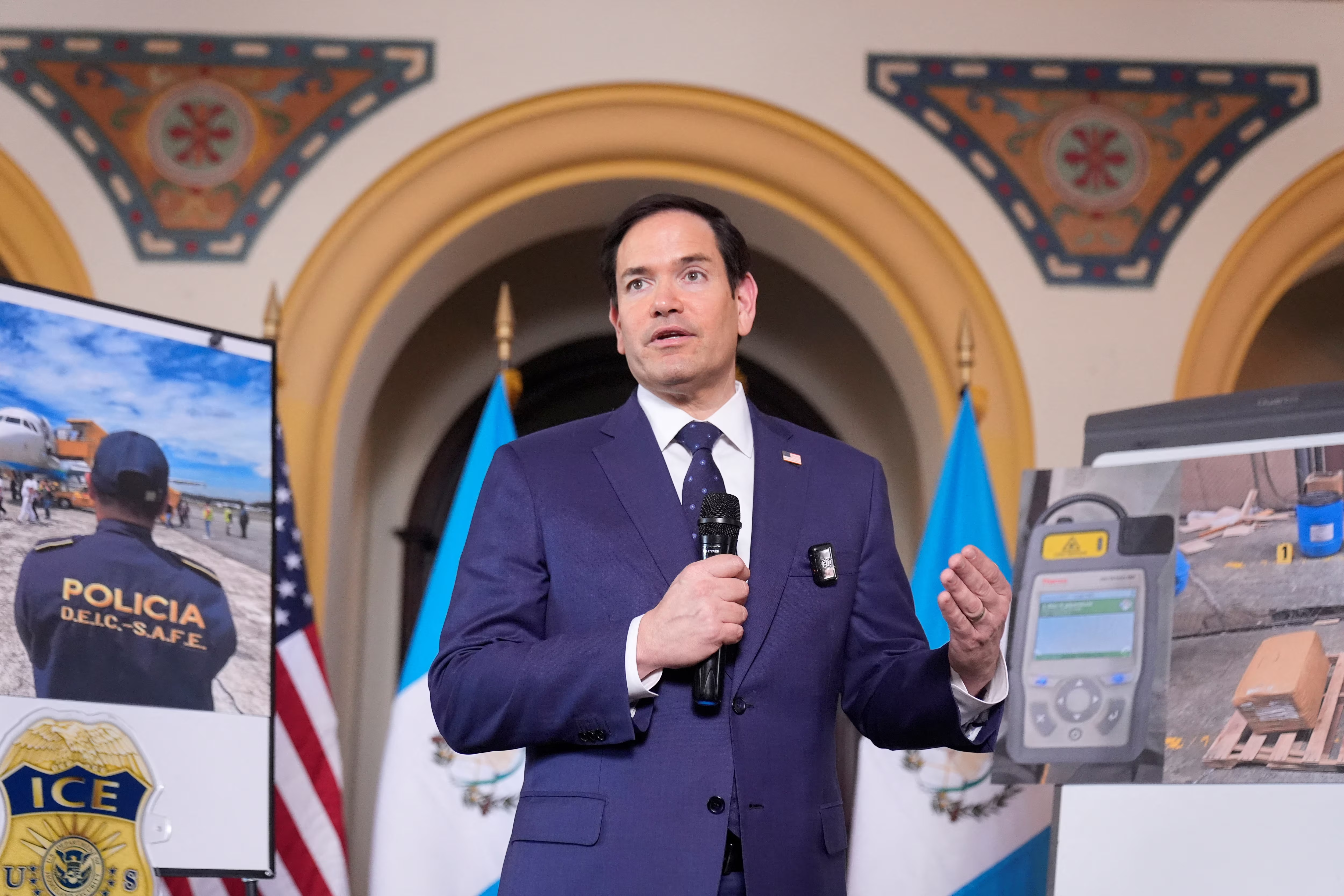
WASHINGTON, Feb 5 (Reuters) – U.S. Secretary of State Marco Rubio will not attend an upcoming G20 meeting in South Africa, the top U.S. diplomat said on Wednesday, days after President Donald Trump threatened to cut off funding to the African country.
South Africa will host a meeting of foreign ministers of the G20 group of countries from February 20-21 in Johannesburg. South Africa has the G20 presidency from December 2024 to November 2025.
WHY IT’S IMPORTANT
Trump said on Sunday, without citing evidence, that “South Africa is confiscating land” and “certain classes of people” were being treated “very badly”. He said he would cut funding until the matter was investigated.
President Cyril Ramaphosa defended South Africa’s land policy after Trump’s threat, saying the government had not confiscated any land and the policy was aimed at ensuring equitable public access to land.
KEY QUOTES
“South Africa is doing very bad things. Expropriating private property. Using G20 to promote solidarity, equality, & sustainability. In other words: DEI and climate change,” Rubio said in his post on X, without giving details.
South Africa’s foreign ministry said in response to Rubio’s post that “there is no arbitrary dispossession of land / private property. This law is similar to the Eminent domain laws.”
CONTEXT
Trump has complained about South Africa’s land policy. South African-born billionaire Elon Musk, who is close to Trump, also accused South Africa, without evidence, of having “openly racist ownership laws”, suggesting white people were the victims.
The question of land ownership is highly politically charged in South Africa due to the legacy of the colonial and apartheid eras when Black people were dispossessed of their lands and denied property rights.
White landowners still possess three-quarters of South Africa’s freehold farmland. This contrasts with 4% owned by Black people, who make up 80% of the population compared with about 8% for whites, according to the latest 2017 land audit.
Partly in an effort to redress this imbalance, Ramaphosa signed a law last month allowing the state to expropriate land “in the public interest”.
The Trump administration has attempted to dismantle diversity, equity and inclusion programs across the U.S. government. Rights groups say DEI programs help deal with inequities faced by marginalized groups. Trump calls DEI anti-merit.
(Reporting by Kanishka Singh and Jasper Ward in Washington; Additional reporting by Olivia Kumwenda-Mtambo in Johannesburg; Editing by Sandra Maler, Michael Perry and Saad Sayeed)

